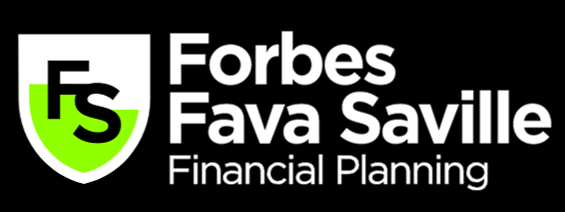
When saving for your first (or next) home, it’s common to focus on building up the deposit and servicing your upcoming home loan. However, there are other upfront costs when buying a home that you should be aware of from the get-go.
With it being particularly challenging these days to get your foot onto the property ladder due to higher interest rates, it’s important to factor in these upfront costs so you’re not under too much financial stress. Here is what to keep in mind.
Lenders Mortgage Insurance (LMI)
As the name suggests, Lenders Mortgage Insurance is insurance for your lender in case you are unable to pay back the loan.
LMI will generally need to be paid if you have borrowed more than 80% of the value of the property. If you’re buying in a location that is deemed to be at risk of a large fall in prices, you may also have to pay LMI, even if you haven’t borrowed as much. We can assist you with this but there are also LMI calculators online so you can work out how much you will need to have set aside.
Stamp duty
Stamp duty is a state government tax which varies from state to state, with the amount you need to pay varying as well (depending on the property’s value).
Stamp duty generally needs to be paid at settlement. There are online stamp duty calculators to help you determine how much you’ll need to pay, and the amount is often shown on online property listings as well.
Mortgage fees
There are fees associated with your mortgage, and these depend on which lender you are with and the terms and conditions of your loan.
You will need to pay an upfront fee, and there may also be ongoing fees and an exit fee if you want to refinance. As these fees vary from lender to lender, it is important to check your terms so you know what you will need to pay.
Property inspections
An initial property inspection may be necessary so that your lender can make an independent valuation of your property. This inspection will often need to be paid for by you, with the cost depending on the property’s location and size.
Regional properties are cheaper to inspect than metropolitan ones, as are smaller properties. Like most of the upfront costs, these also vary from state to state. As an example, a one-bedroom apartment in Perth can cost around $230 for an inspection, while the same sized property in Melbourne can cost around $290.i
Additionally, a building and pest inspection is worth doing as it can save you money in the long run. Even new or well-maintained properties can already have pest issues (think rats, termites or cockroaches), so it’s better to know what you are buying into.
Conveyancing/solicitor fees
You will also need to factor in conveyancing and legal fees related to the sale of the property. These vary depending on the property, location and how complex the sale is, but for example, in Victoria they can range from $500 to $1,800.ii
While you can act as your own conveyancer, it’s worth thinking about the pros and cons of this from a financial standpoint. By trying to save money here, it could add complexity and hassle if you aren’t well-versed in property sales and could end up costing you more in the long run.
Home and contents insurance
Don’t forget about home and contents insurance to cover the cost of repairing or replacing your home and its items should something go wrong. Your lender will generally also want to see a copy of your policy.
Additional fees and bills
Looking forward don’t forget to budget for future costs related to any renovations, as well as body corporate fees and council and utility bills.
Thinking beyond just the sale price of the property will help you plan for the additional upfront costs and prevent any unwelcome surprises. Get in touch today for further advice and to start the process of getting loan pre-approval.
i https://www.rapidbuildinginspections.com.au/building-inspection-costs
ii https://www.oneflare.com.au/costs/conveyancing
Important: This provides general information and hasn’t taken your circumstances into account. It’s important to consider your particular circumstances before deciding what’s right for you. Although the information is from sources considered reliable, we do not guarantee that it is accurate or complete. You should not rely upon it and should seek qualified advice before making any investment decision. Except where liability under any statute cannot be excluded, we do not accept any liability (whether under contract, tort or otherwise) for any resulting loss or damage of the reader or any other person.
Any information provided by the author detailed above is separate and external to our business and our Licensee. Neither our business nor our Licensee takes any responsibility for any action or any service provided by the author. Any links have been provided with permission for information purposes only and will take you to external websites, which are not connected to our company in any way. Note: Our company does not endorse and is not responsible for the accuracy of the contents/information contained within the linked site(s) accessible from this page.


